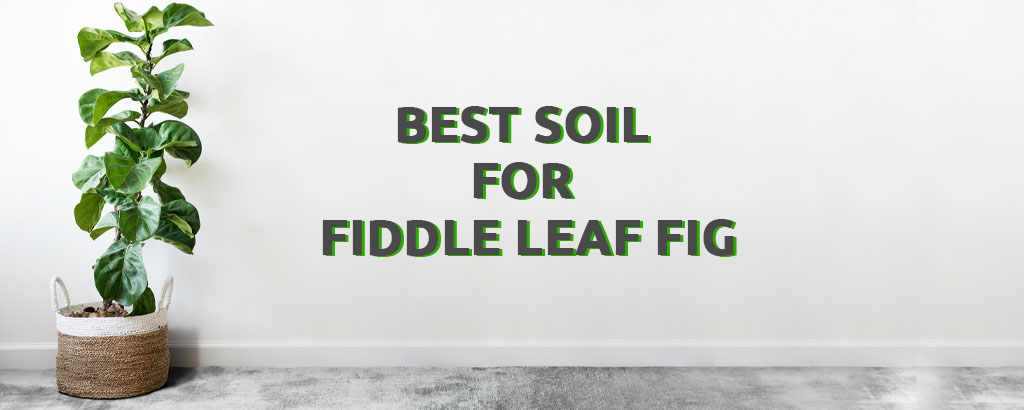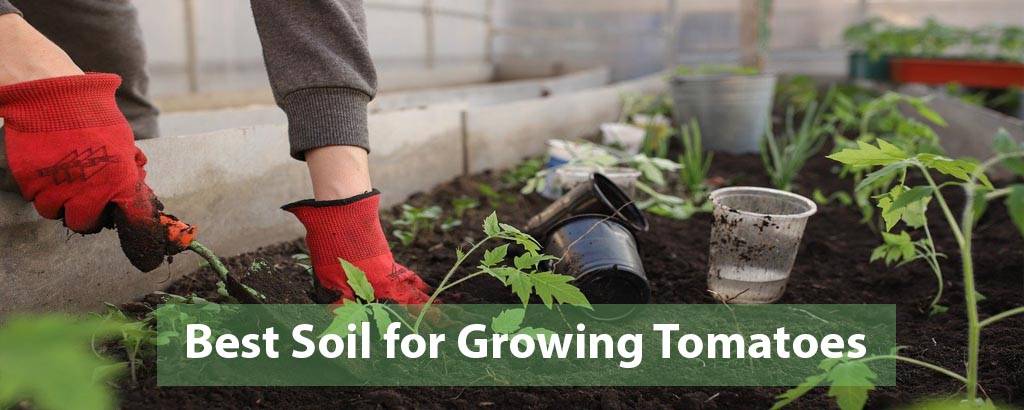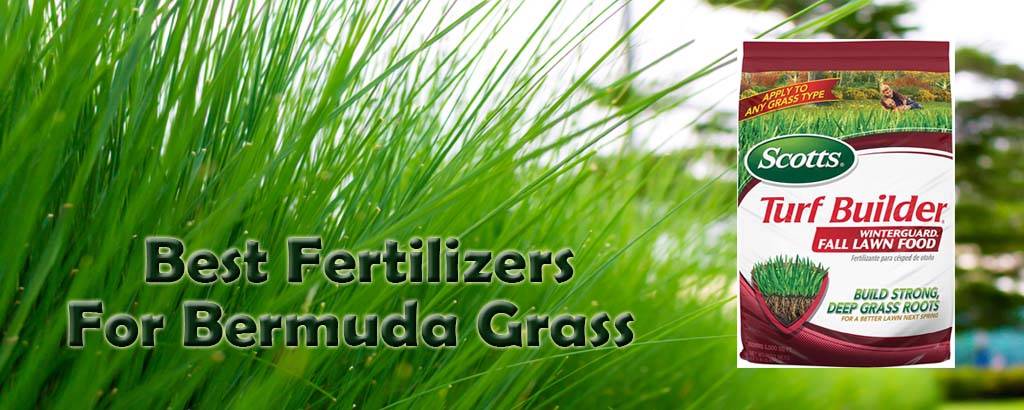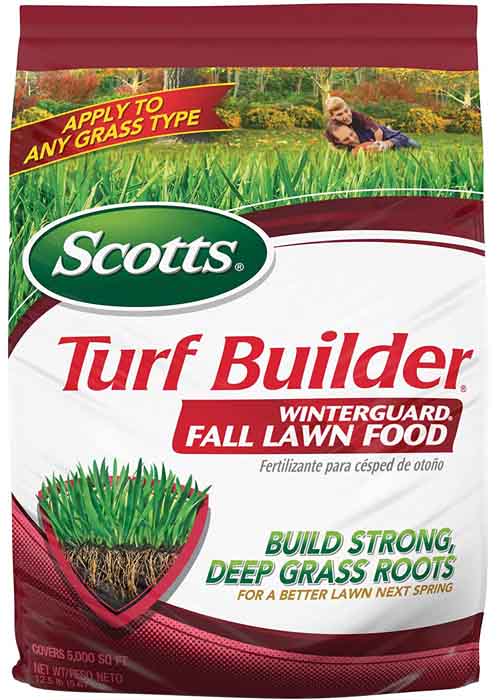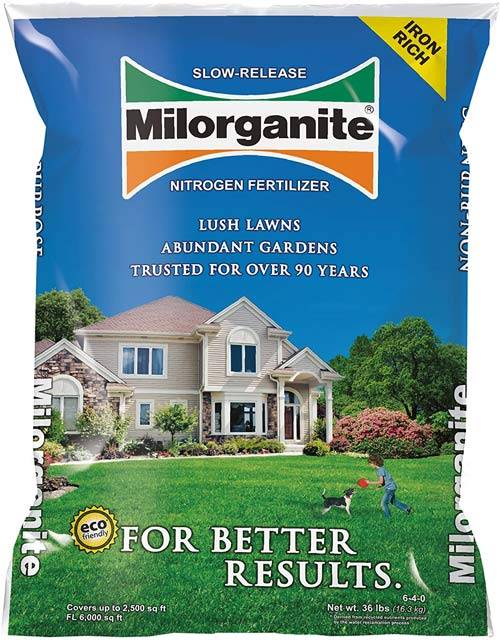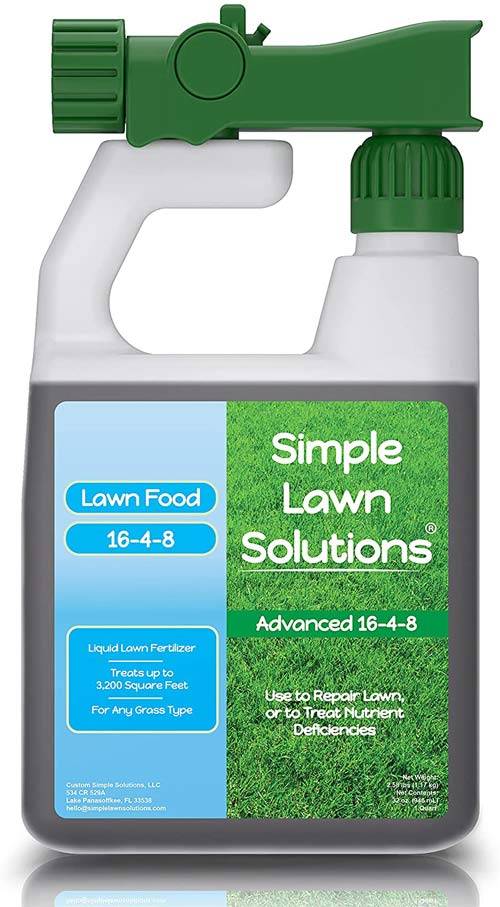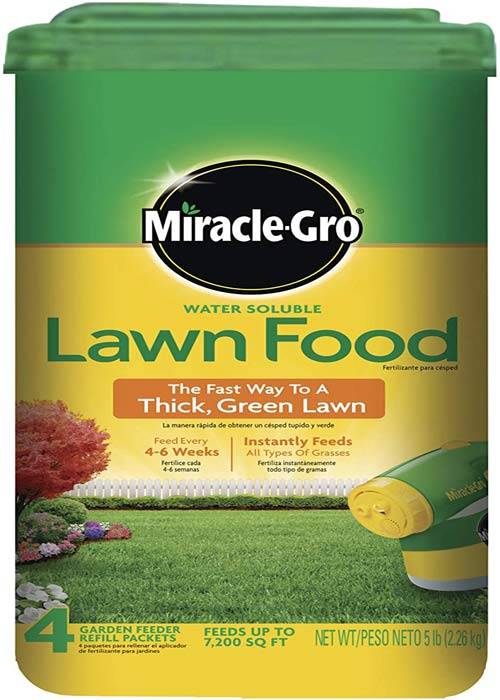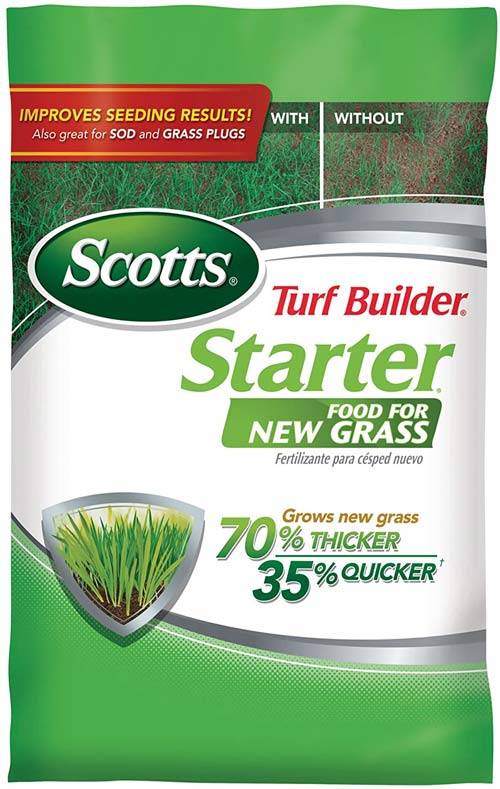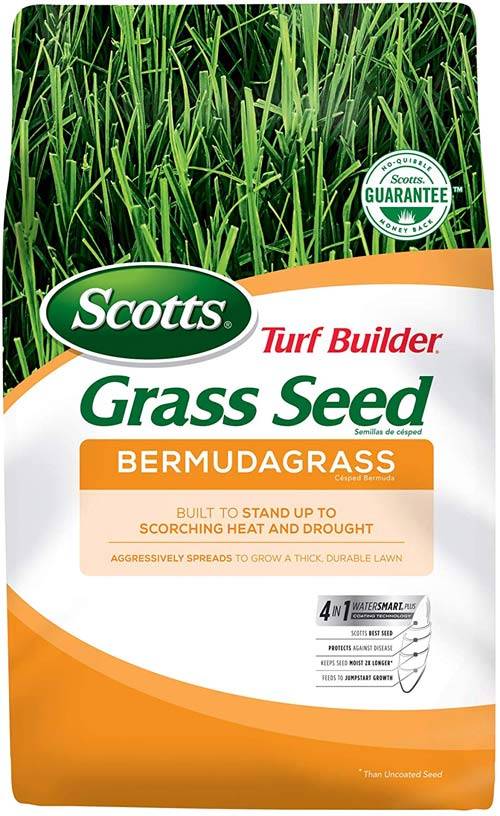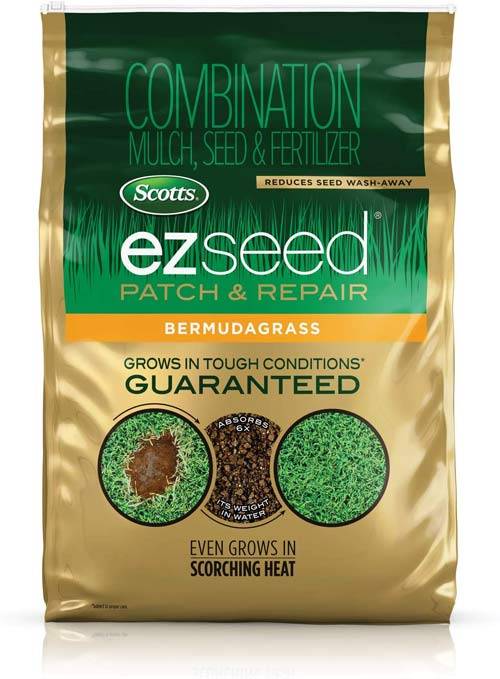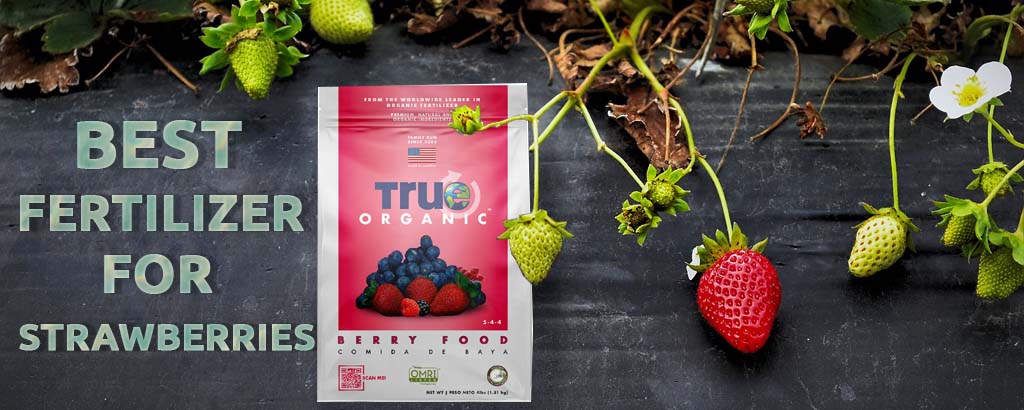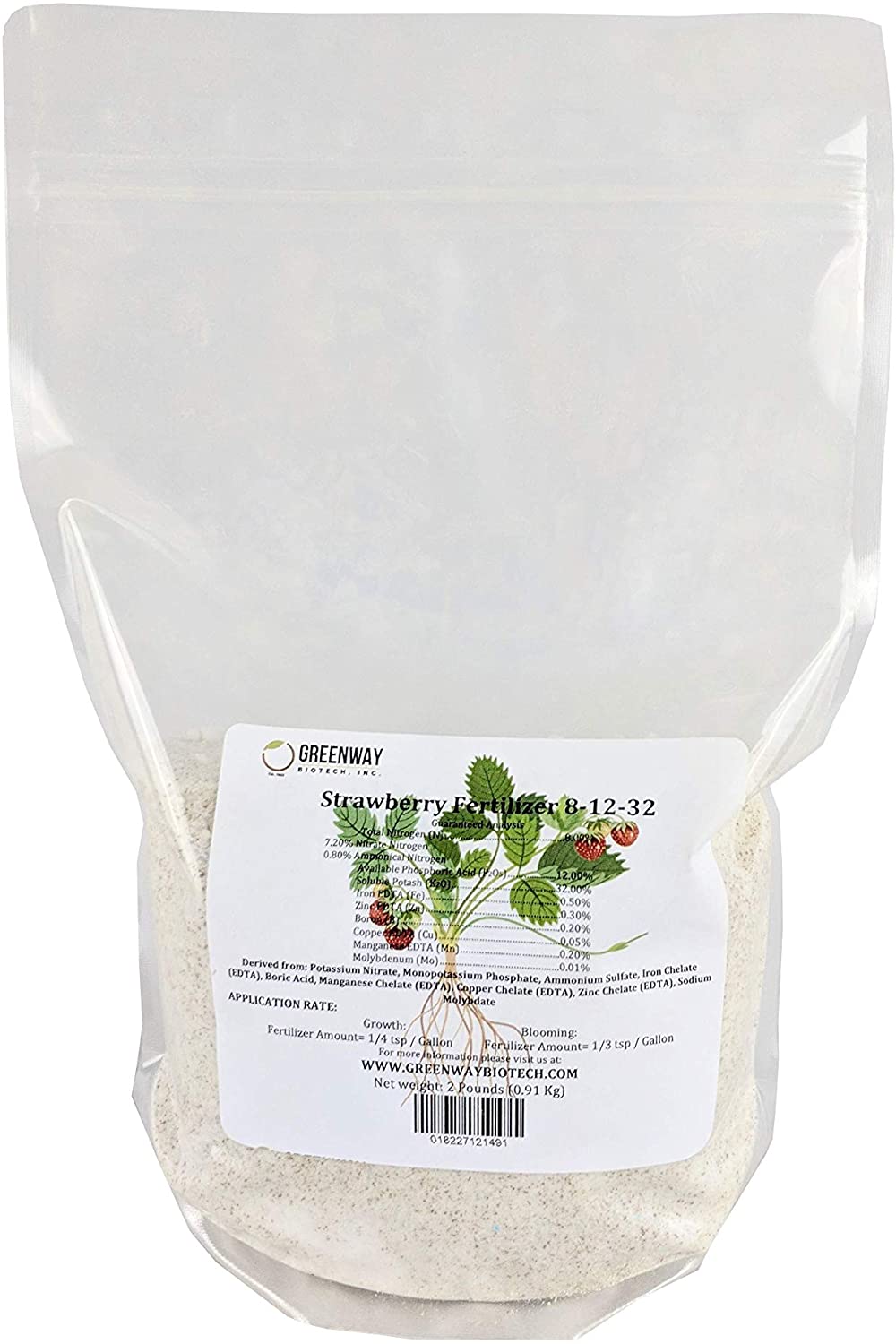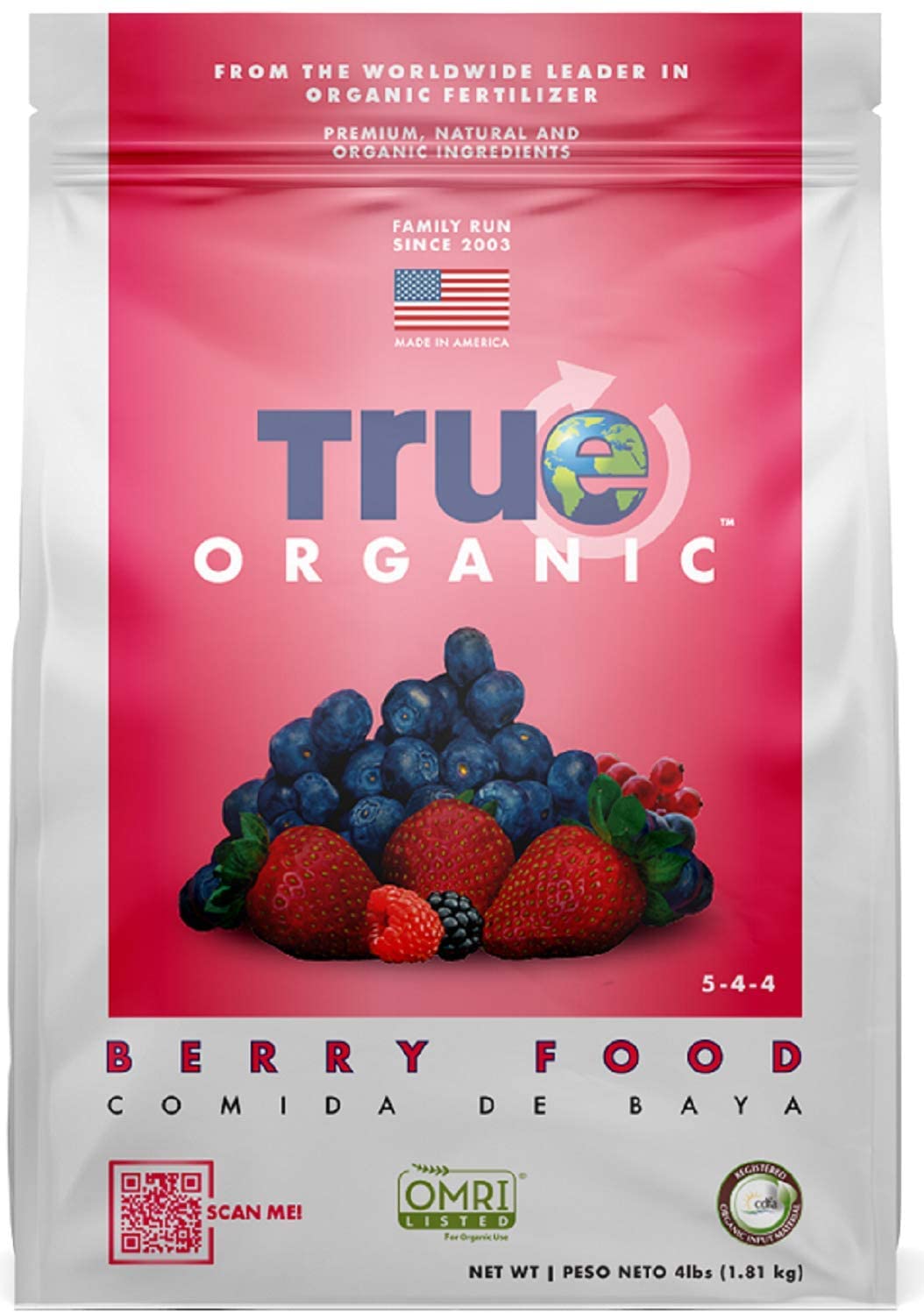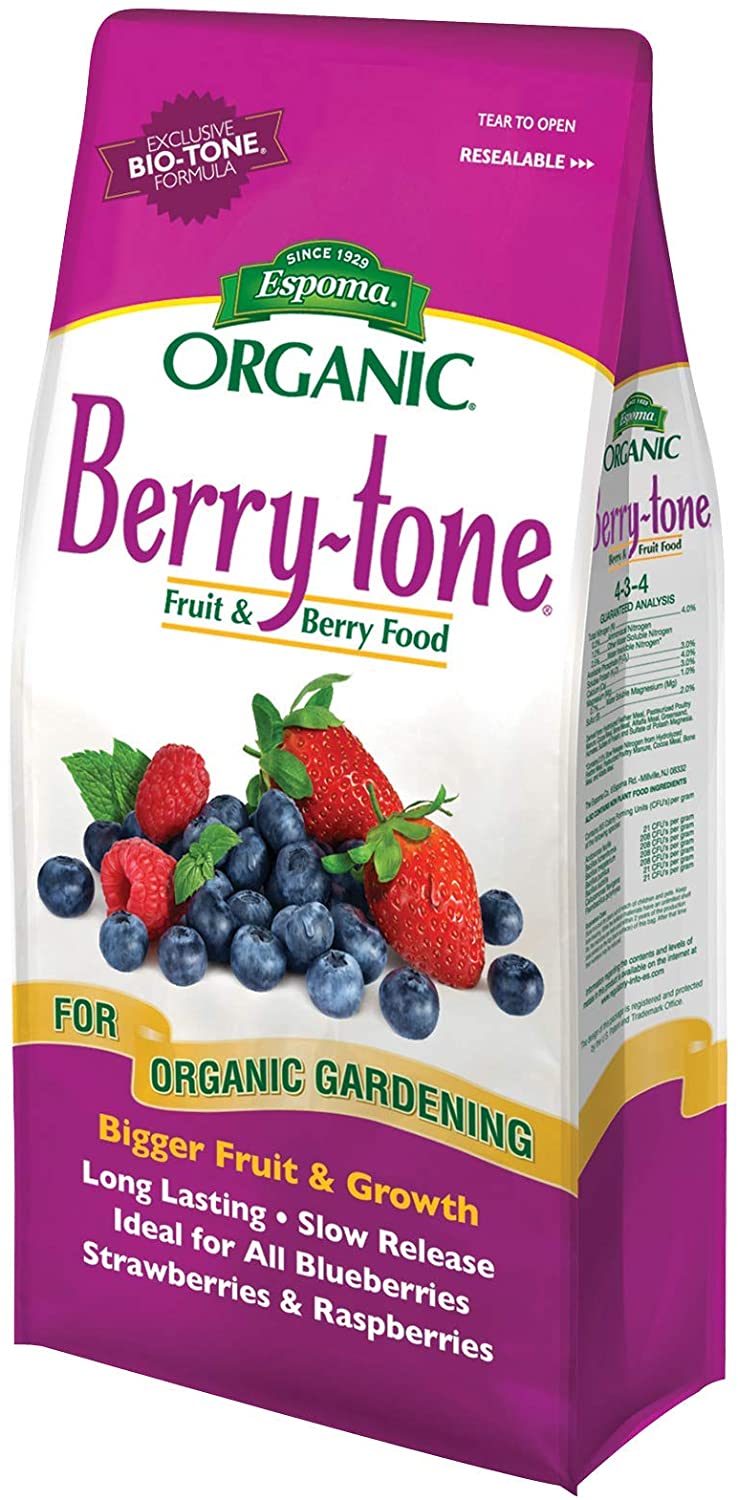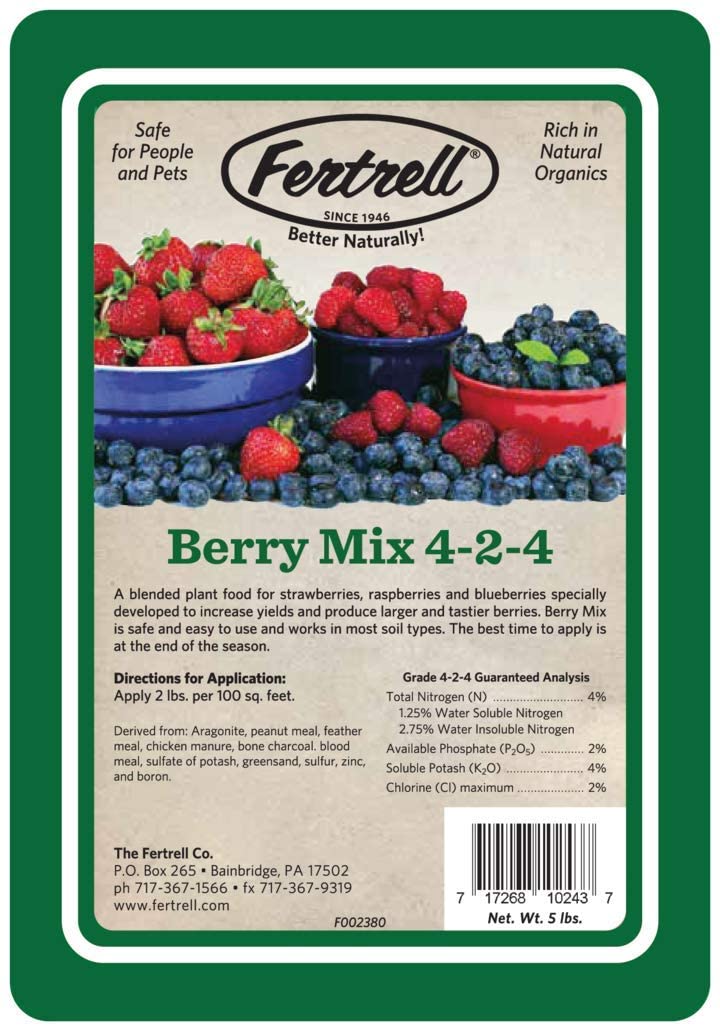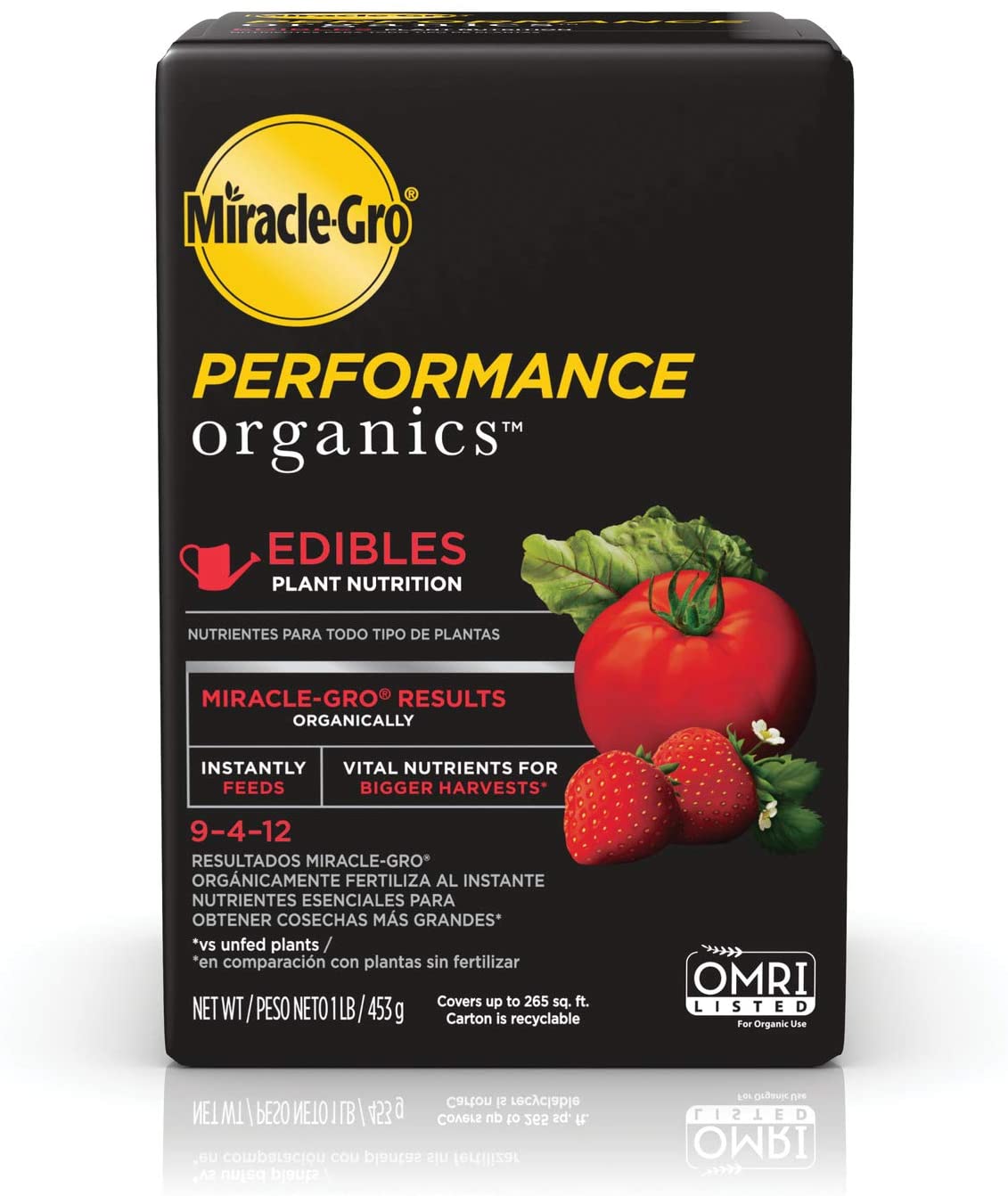Tomatoes are among the most popular food stuffs grown in many of our backyards. And there are very many varieties that vary in terms of color, shapes, and sizes.
Many tomato seedlings are planted in gardens in spring when the weather becomes warm. While this nutritious fruit is a bit easy to grow, planting seedlings in high-quality soils enables the plants to become healthy, leading to abundant harvests.
Tomatoes can grow in many types of soils, except in heavy clay, because of its density, which hinders the development of roots. They do best in well-drained soils, which also have good water-retention capacity so that roots do not dry out.
In this guide, we've listed down the best soil for tomatoes after narrowing down your options and selecting the best in the market. So, without further ado, let's get started.
Compression Table For Best Soil fo Tomato
Preview | Products Name | Editor's Rating | Price |
|---|---|---|---|
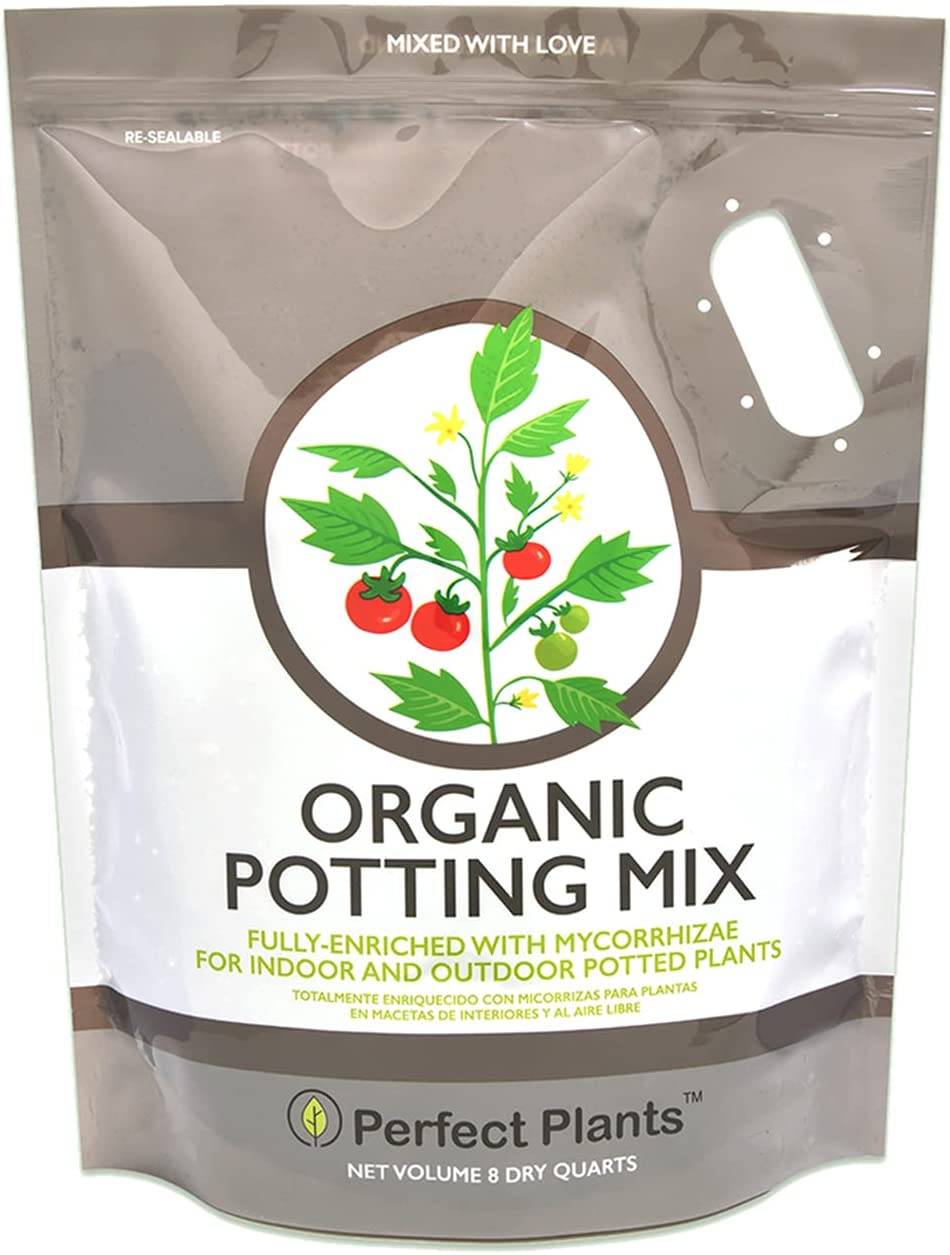 | Organic Potting Mix | [usr 5] | |
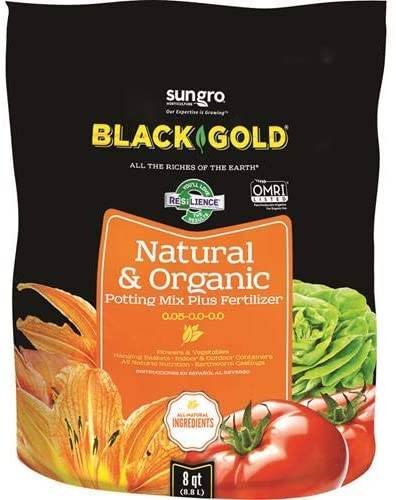 | Black Gold 1302040 | [usr 4.9] | |
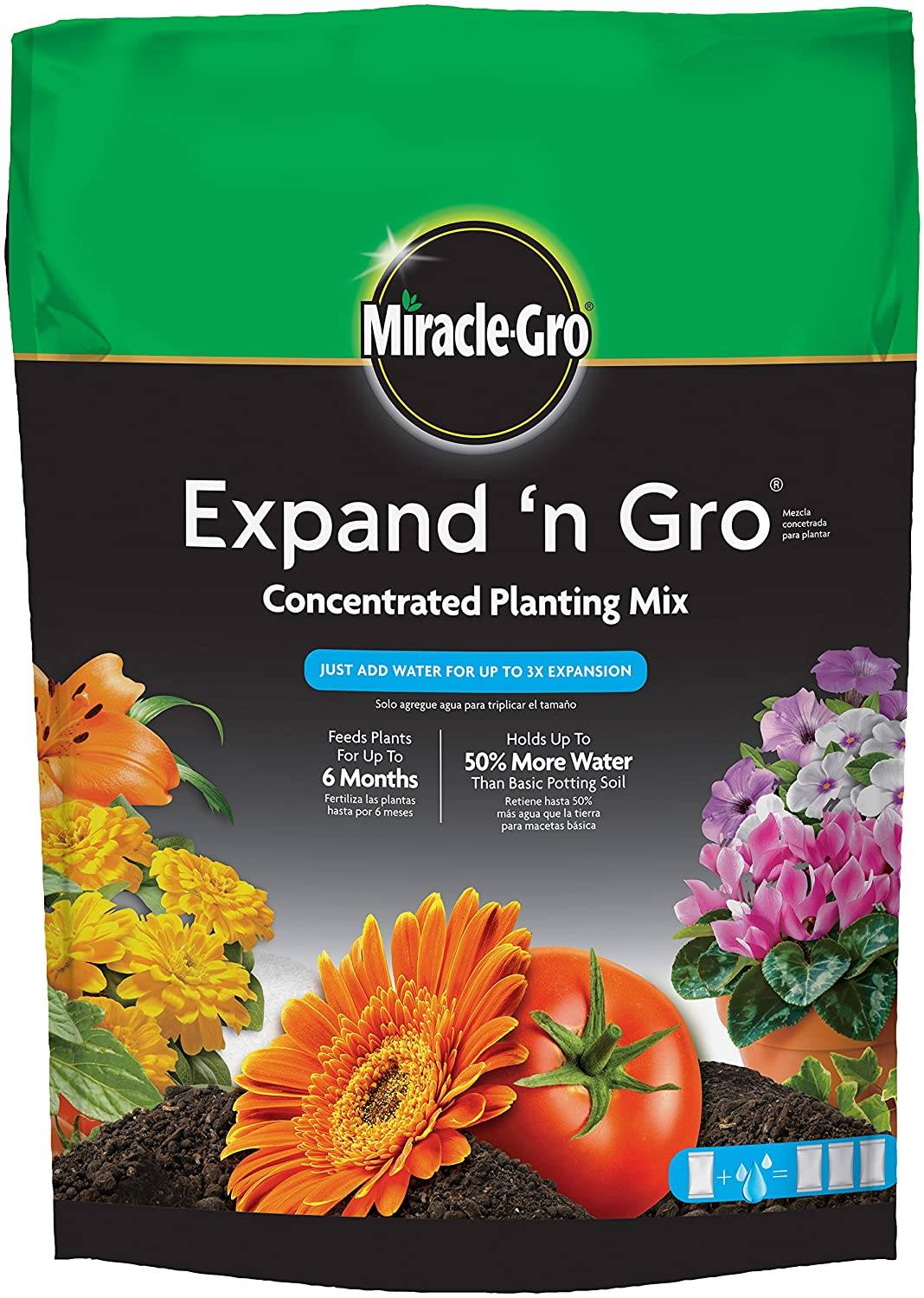 | Miracle-Gro Expand 'n Gro | [usr 4.7] | |
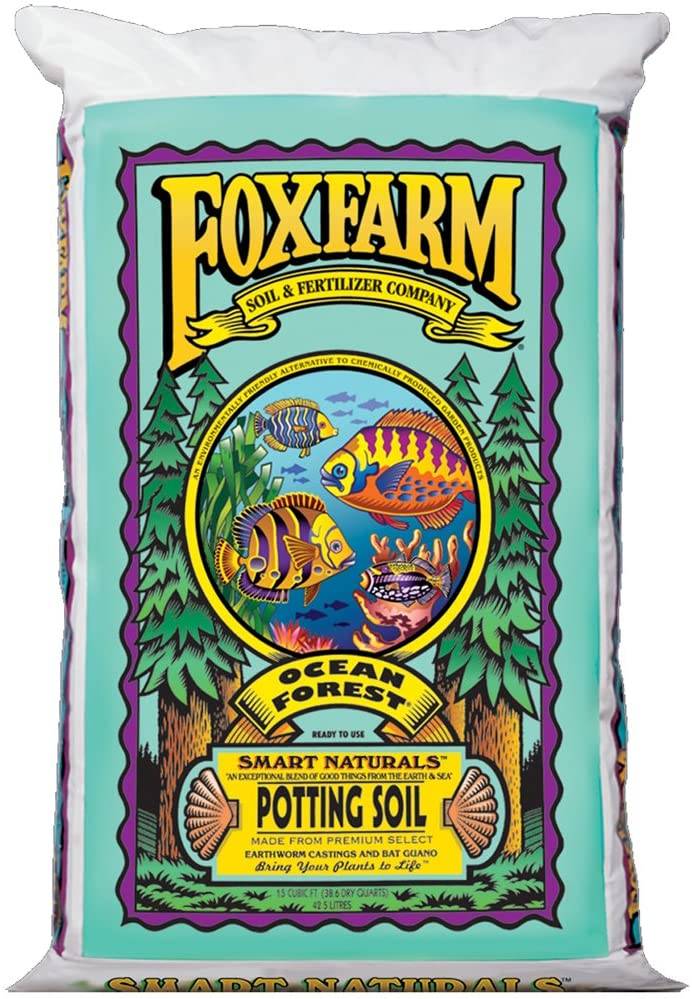 | FoxFarm Ocean Forest FX14000 | [usr 4.5] | |
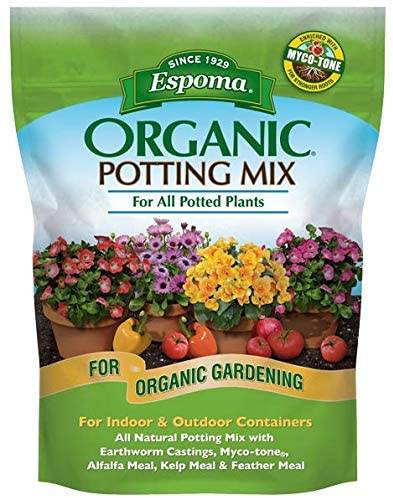 | Espoma AP8 8-Quart | [usr 4] | |
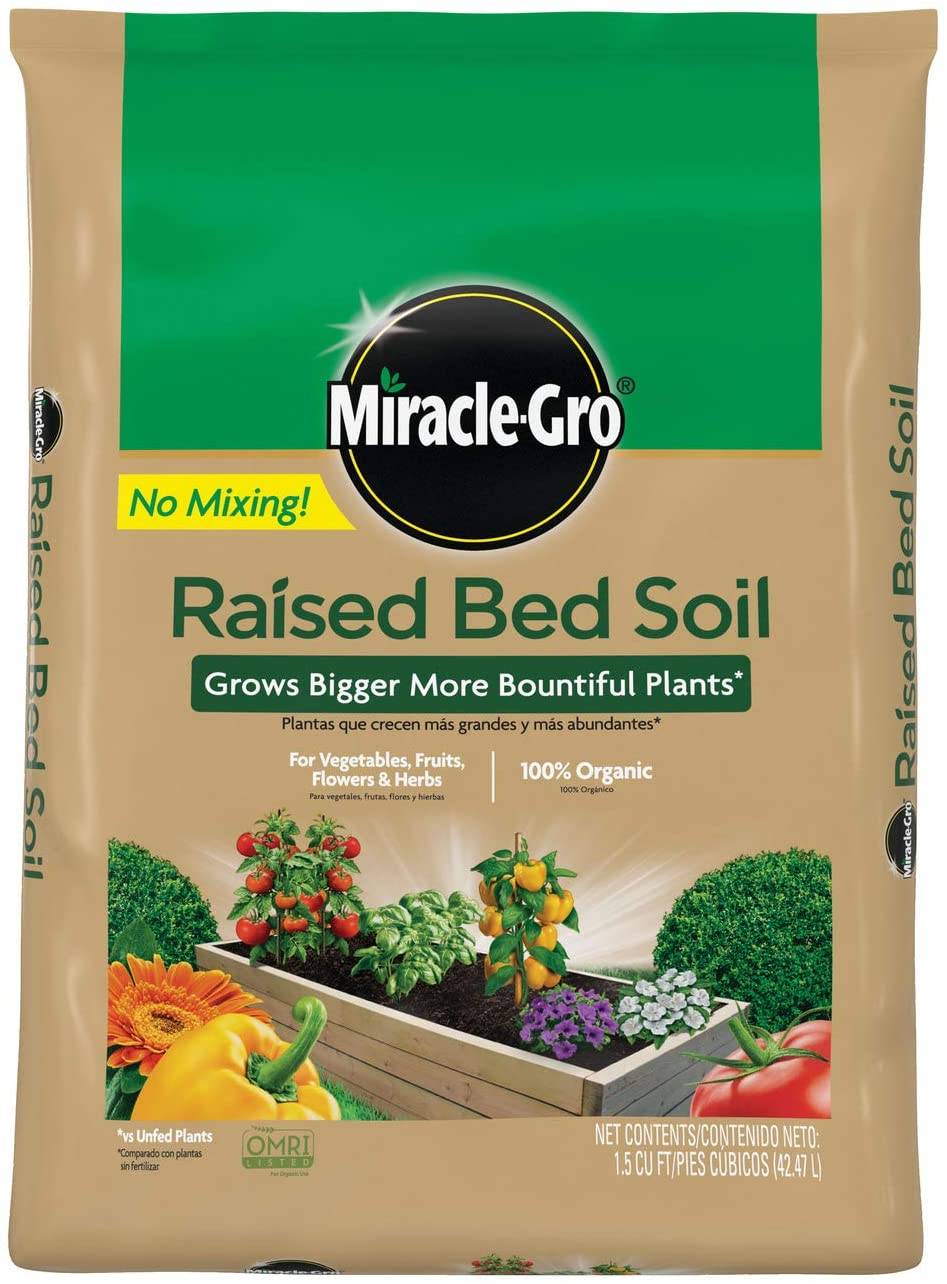 | Miracle-Gro Raised Bed Soil | [usr 4] | |
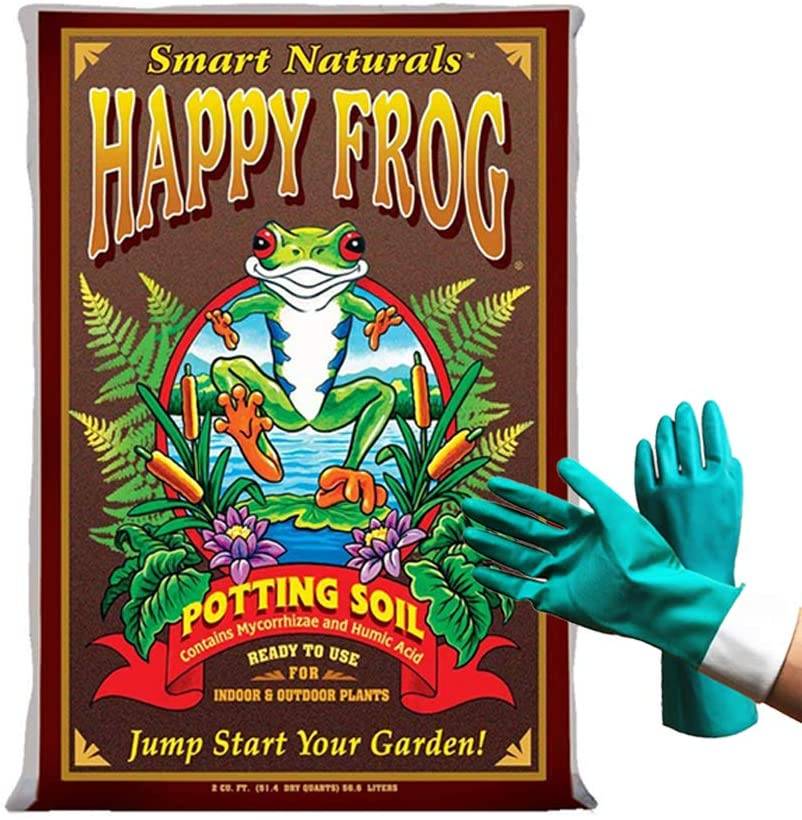 | Fox Farm Happy | [usr 3.8] |
How I Picked Best Soil for Growing Tomatoes
Before I selected the mixes of soil for this article, I researched extensively on various products, eliminating the ones that were not well-drained, the ones that drained excessively, and the ones that could not retain enough moisture.
Whenever topsoil from the backyard is used, you should ensure that it doesn’t have a lot of clay content which will make the soil compact and hinder root development.
If the topsoil has a lot of clay, you should reduce it and increase coco coir and perlite quantity and also break the clumps when mixing to loosen the soil.
I then narrowed this field to the products that could not compress after some time, a problem that is commonly experienced when containers are used for growing tomatoes since the soil becomes dry quickly.
Best Soil for Tomato – My Top Pick

Perfect Plants Organic Potting Mix is a natural nutrient-boosting blend with ingredients that enhance soil requirements for growing plants in containers. Therefore, this organic mix is suitable for both outdoor and indoor usage because of its good moisture management that makes it ideal for growing potted vegetable plants, fruits, and trees for bloomers or for home.
The soil water-absorption and moisture-retention capacity is maintained by the following main soil components: Coconut Coir, Peat Moss, and Perfect Plant Perlite. Professional growers in Perfect Plants came up with a mix that sufficiently manages moisture and enriches soil conditions for containerized plants. Its ingredients that boost nutrients include Worm Castings, Composted Pine Park, Mycorrhizae, and Lime to balance PH levels.
Things I like
Things I don’t like

Product Specifications
Tomato-growing farmers looking for good organic soil can go for Black Gold soil. It is OMRI certified, meaning that it is natural and has no harmful chemicals, and it's made using the right procedure that is not toxic.
The soil is a mixture of loam and peat moss with added pumice and perlite, making it the best compost for tomatoes. Pumice granules, which are made of volcanic rock, add some structural integrity that enables the tomato plants to anchor their roots. It also increases the water-draining capacity of the soil mix. In addition, the Black Gold soil mix contains earthworm casting, forest humus, and compost.
Things I like
Things I don’t like

Product Specifications:
When this Miracle-Gro Expand 'n Gro Concentrated Planting Mix is used indoors, it significantly reduces pesky gnats. It has sixty to seventy percent peat moss, fertilizer, perlite, and coir for good water retention, drainage, and aeration balance for the growth of most indoor plants.
Compost and bark products, which may contain potentially harmful and bothersome fungus, are eliminated from the mix.
The fertilizer composition is made from ammonium phosphate, ammonium nitrate, potassium sulfate, and calcium phosphate for quick feeding. So, if you are looking for the best soil for growing tomatoes, then the Miracle-Gro Expand 'n Gro Concentrated Planting Mix shouldn’t miss on your list. The product comes in the form of 2 packs of six-quart bags.
Things I like
Things I don’t like

Product Specifications:
This is the best manure for tomatoes from FoxFarm and is made up of a balanced mixture of forest humus (plant matter and composted bark), sandy loam, and peat moss to make a rich mix of the growth of tomatoes. Ocean Forest gives good water-retention capacity between watering optimal drainage and does not compress over some time.
This mix also has additional natural ingredients, which include: fish meal, bat guano, earthworm castings, and crab meal, to give tomato plants a natural boost for healthy growth at the early stages.
Ocean Forest has a PH value of between 6.8 and 6.3 and is well-PH adjusted; hence it is suitable for the growth of tomatoes. While this product is not completely organic, it is made up of some natural ingredients.
Things I like
Things I don’t like

Product Specifications:
Growing tomatoes in containers in warm climates can be risky if watering is not done frequently. To reduce the risks in case proper watering is not done, you can use Espoma Organic Potting Mix. My-tone, which is the company’s mixture of mushroom-based ingredients (mycorrhizae), helps in the uptake of water in plant roots, hence reducing risks in case the soil becomes dry.
Espoma AP8 8-Quart Organic Potting Mix is one of the best soil for tomatoes as it enables tomato plants to have strong roots.
Plants in this soil mix require around thirty percent less moisture to grow healthy. It is composed of a mixture of perlite, humus, and peat moss. Apart from Myco-tone, the mix is enhanced with additional ingredients such as limestone and earthworm castings.
Things I like
Things I don’t like

Product Specifications:
Do you wish to grow tomatoes in your backyard? Consider Miracle-Gro Raised Bed Soil for bigger and healthier plants. The raised soil provides a good foundation needed by plants to thrive. The organic formula does not require any mixing. You only need to add it to the raised bed soil to grow fruits, vegetables, herbs, and flowers with enough organic nutrients.
Characteristics
Things I like
Things I don’t like

Product Specifications:
Potted plants need good organic potting soil. You need to provide enough nutrients for the plants since their roots cannot seek them out from the ground. For this reason, Happy Frog Organic Potting Soil Mix is made using ingredients that allow for roots development and uptake of nutrients. This makes it the best soil for tomatoes in a container.
It is designed specifically for growing plants in containers. Whether growing is done in a geranium, dining room, or on a tree, you should use Happy Frog Organic Potting Soil Mix in your containers.
The mix is ready for use right from the bag and is very rich in nutrients. Its PH is adjusted for maximum uptake of nutrients. This enables plants to have good vegetative growth, enhanced flower and fruit production, and strong structure.
Things I like
Things I don’t like
How to Choose -Buying Guide- Best Soil for Tomato
Every summer, a very big competition is held across communities, with gardeners wishing to grow healthier, bigger, and better tomatoes than before. A guide on choosing the best type of soil for growing tomatoes is shown below:
1. Nutrients
Tomatoes do well in soil rich in the following micronutrients: calcium, potassium, potash, and phosphorous. Most fertilizers for tomatoes are rich in phosphorus, as shown by the potassium(K), phosphorus(P), and nitrogen(N) ratio.
2. pH Level
The optimal level of PH for growing tomatoes should be slightly acidic to neutral. The PH varies from zero to fourteen, with seven considered neutral. Below seven, numbers progressively become more acidic, whereas numbers above seven are progressively more alkaline.
3. Moisture Level
Tomatoes grow best on soil that allows the drainage of water yet remains with moisture. Growing them in pots that don’t drain water can cause root rot which makes the plants weak.
4. Versatility
Other plants such as cucumbers, okra, squash, and peppers also enjoy the well-drained soil that remains to retain some moisture. This means that the soil suitable for tomato growing is also important to other vegetables.
Questions to ask when choosing the best soil for tomato
Q: Which is the best compost for tomatoes?
Natural composts of all types, including household compost, commercial compost, or composted wood chips, are suitable for raising soil nutrients. Composted manure is not suitable because it can burn tomato roots. Application instructions should be followed carefully.
Q: How do we lower or raise soil PH?
Acidic soil is amended through the addition of ground lime to raise PH, whereas alkaline soil is amended by adding peat moss or compost.
Q: Which is better between growing tomatoes in bags or in pots?
Both are about equal. For the best results, make sure the pot or bag will hold at least 10 gallons of soil to give the tomato roots room to develop.
Q: What is the most suitable size of bag for growing tomatoes?
The minimum recommended size of the bag is ten gallons. Larger bags are more suitable.
Conclusion:
Growing tomatoes is easy when you understand their behavior, as far as soil condition, exposure to the sun, fertilizers, and watering schedule are concerned. If you protect them against threats and give them the correct nutrition, you will have an easy time when growing these plants.
If you don’t provide them with enough space, drainage and correct soil condition needed, it will be a challenge to grow tomatoes in pots. The type of soil in the pots determines the quality of fruits to be harvested. Hence, soil preparation is very crucial.
Among the list of quality potting soils, Winners Premium Potting Soil is the best soil for tomatoes in pots because of its fertilizer content. It also lacks harmful chemicals and gave good harvests for all the gardeners who used it. I hope this article will help you to identify the best soil for tomatoes.

